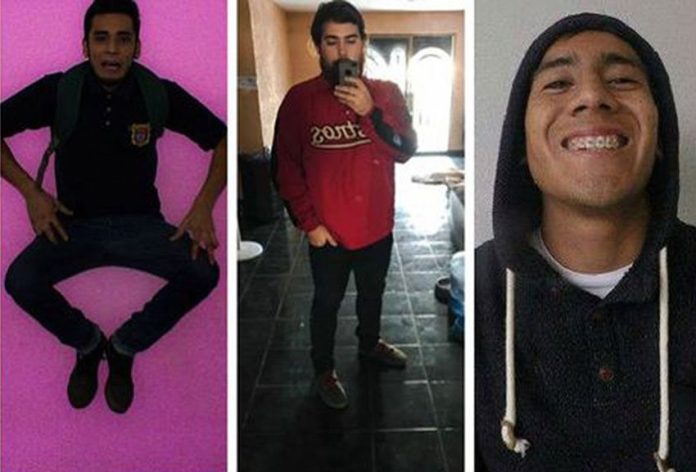Of all Mexico’s notorious drug cartels the one identified by Mexican and United States authorities as the most powerful and dangerous has also been the safest from prosecution, statistics show.
Between September 1, 2017 and June 30, 2018, the federal Attorney General’s office (PGR) successfully obtained sentences against 378 criminals including 82 who were members of organized crime groups, according to the Organized Crime Investigation Unit (Seido).
However, not one of those convicted was a leader or member of the Jalisco New Generation Cartel (CJNG), which the federal government and the United States Drug Enforcement Administration (DEA) consider Mexico’s most powerful drug trafficking organization.
In the 10-month period between June 2016 and September 2017, the PGR obtained just seven sentences against CJNG members or just 5% of the total number of prosecutions against drug cartel members.
Authorities in both Mexico and the United States last month raised the rewards offered for the cartel’s leader, Nemesio “El Mencho” Oseguera Cervantes, to a combined US $6.6 million.
While Oseguera — considered to be the principal instigator of violence in Mexico — has remained elusive, marines arrested his wife Rosalinda González Valencia in May on charges of money laundering and organized crime.
However, González was released from prison on bail earlier this month after a judge ruled that there was insufficient evidence to prosecute her for organized crime.
The CJNG was founded in 2009 but over the past three years has expanded its influence to become Mexico’s most dominant cartel, putting the organization in direct confrontation with rival gangs throughout the country, sparking violent turf wars for the control of territory.
Among the highest profile crimes it is alleged to have committed in 2018 are the torture and murder of three students in Guadalajara, an attack on state Labor Secretary Luis Carlos Nájera, also in the Jalisco state capital, and the disappearance of three Italian men in Tecalitlán.
The cartel also allegedly supports Mexico City crime gang La Unión de Tepito, which is believed to be responsible for a fatal attack Friday night at Plaza Garibaldi, a square known as the capital’s home of Mariachi music.
While authorities have had little success in apprehending and obtaining sentences against CJNG members, it has a slightly better record with members of other high-profile criminal organizations although record levels of violent crime indicate that the federal security strategy hasn’t functioned as planned.
Over the past year, the PGR has obtained the highest number of sentences against members of the Sinaloa Cartel, with 15, followed by those belonging to the Zetas and La Familia Michoacana, with 13 each.
The former leader of the Sinaloa Cartel, Joaquín “El Chapo” Guzmán, was extradited to the United States in January 2017 and is currently awaiting trial, while his son Jesús Alfredo Guzmán Salazar was last week added to the DEA’s 10 most wanted fugitives list.
In the 10-month period to June 30,2018, the PGR also obtained sentences against six members of the Gulf Cartel, four members of Los Caballeros Templarios and one member each of the Juárez Cartel and the criminal gang known as La Línea.
Source: Milenio (sp)
